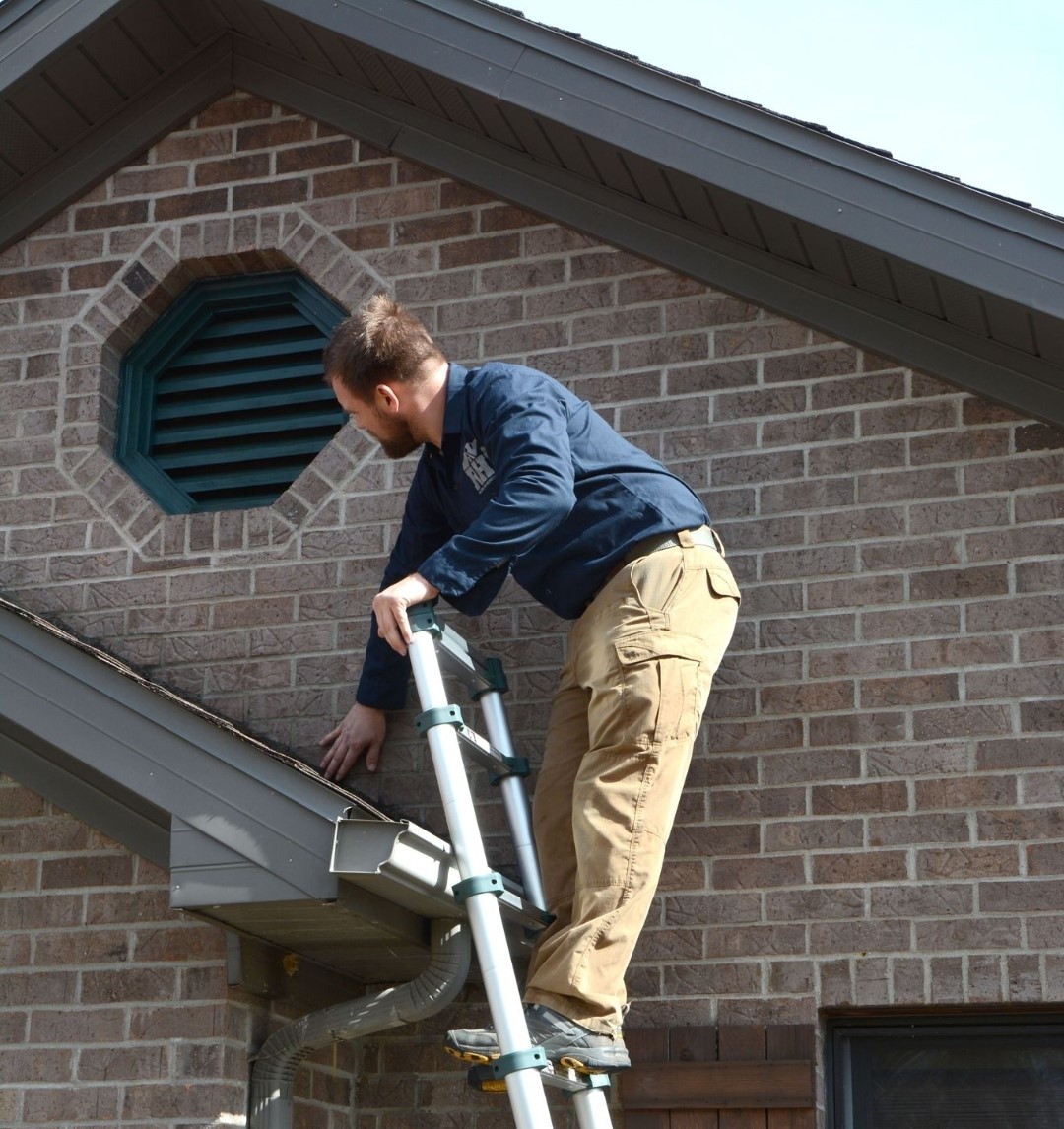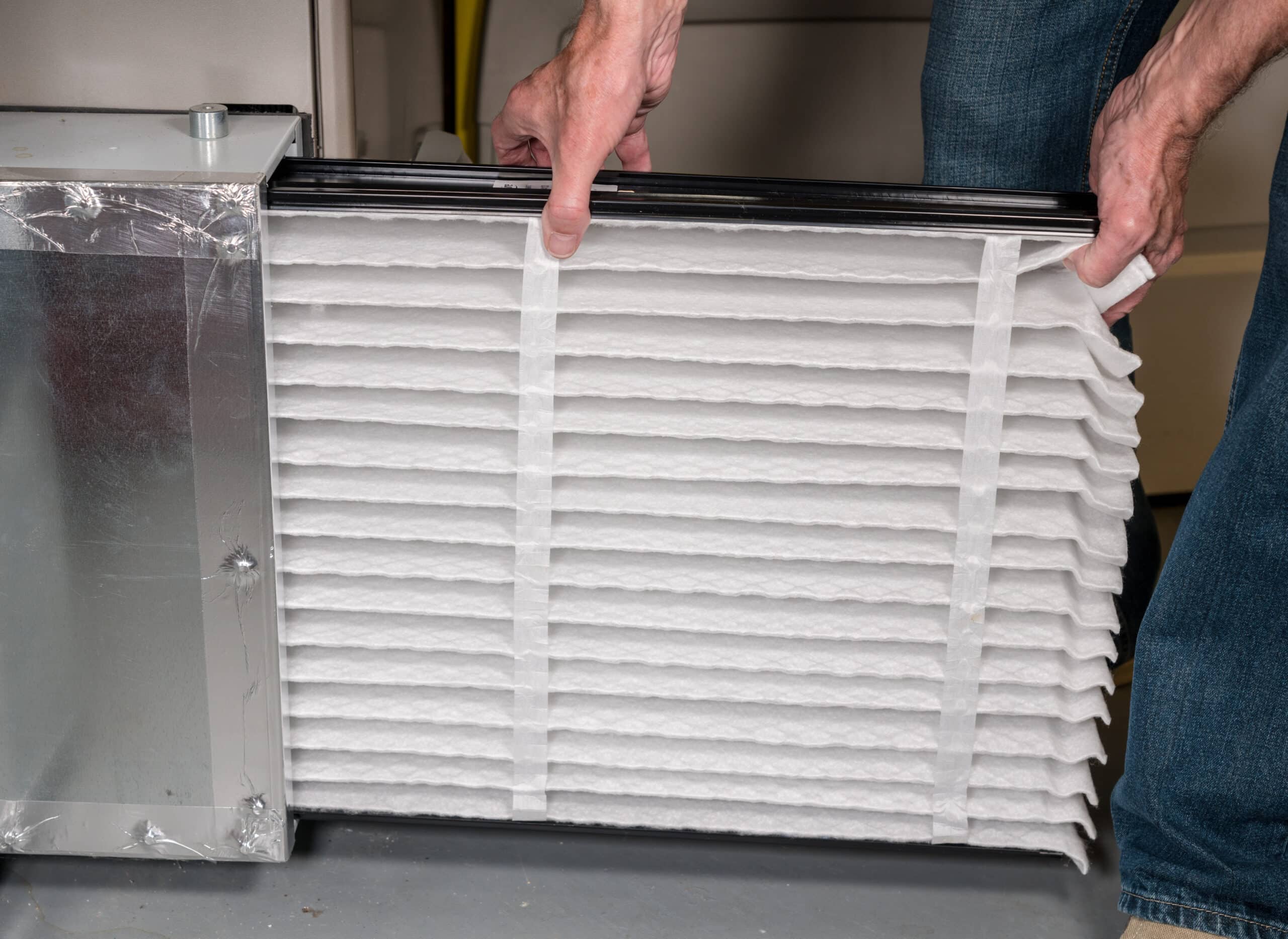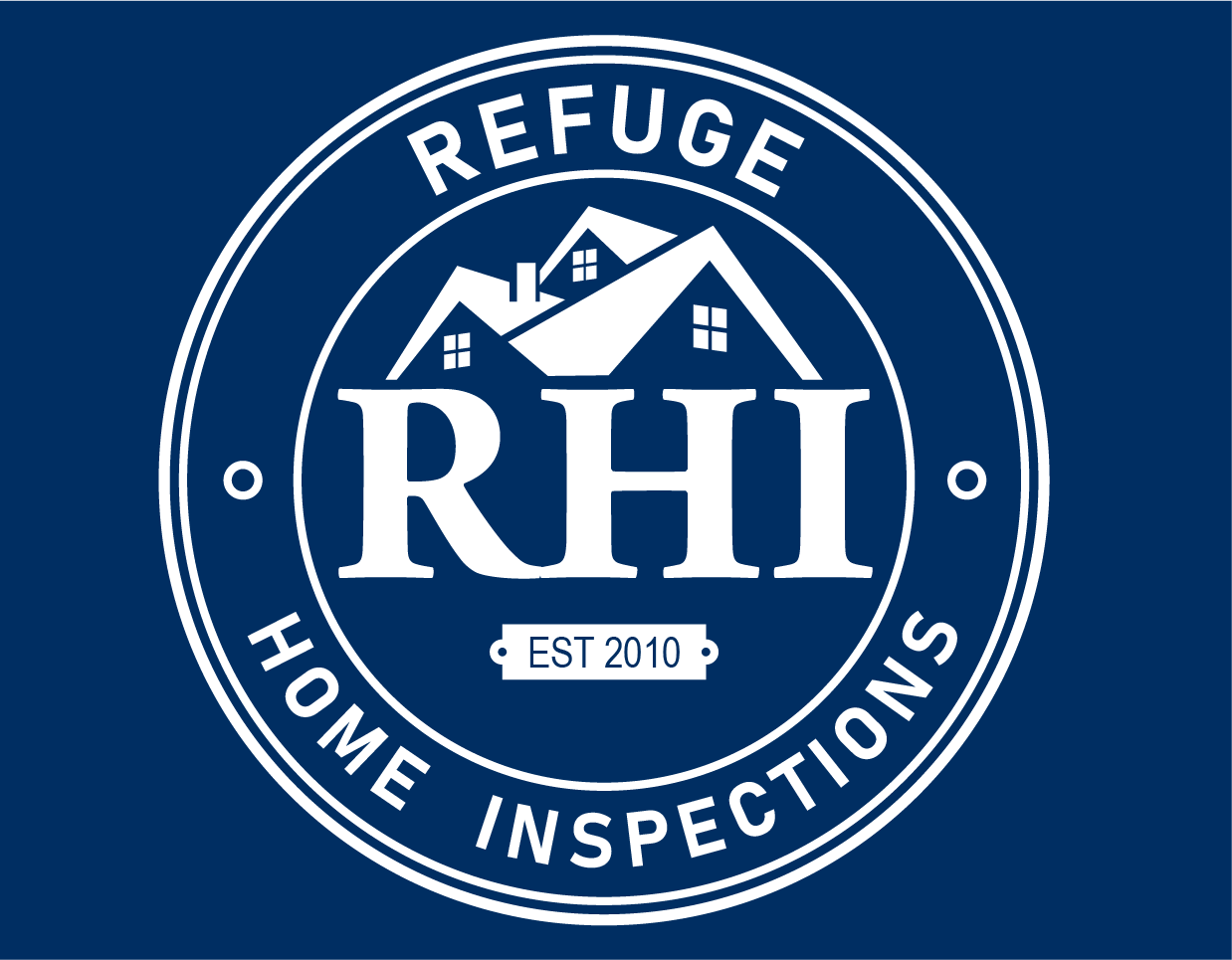When it comes to buying or selling a home, one crucial step in this process is a home inspection. This is a thorough examination of a property conducted by a professional home inspector.
The purpose of a home inspection is to evaluate the overall condition of a house, identify potential problems, and provide the buyer or seller with a comprehensive report on its structural integrity and major systems.
Here is an overview of what a home inspection typically includes.
1. Exterior Inspection:
The home inspector will examine the exterior elements of the property, such as walls, windows, doors, roof, gutters, and downspouts. RHI will check for any signs of damage, deterioration, or water intrusion. The inspector will also assess the condition of the exterior structures, such as decks, patios, porches, and driveways.
2. Structural Inspection:
The inspector will inspect the foundation, basement, and crawl spaces for any signs of crack, settlement, water damage, or structural issues. We will evaluate the overall stability and integrity of the structure.
3. Roof Inspection:
One vital aspect of a home inspection is a thorough examination of the roof. The inspector will evaluate the roofing material, check for any signs of leaks, inspect flashing, chimneys, and ventilation. RHI will also assess the condition of the gutters and downspouts.

4. Electrical Inspection:
The home inspector will evaluate the electrical system of the property. This includes checking the electrical panel, outlets, switches, light fixtures, and any visible wiring. We will ensure that the electrical system meets safety standards and identify any potential hazards.
5. Plumbing Inspection:
Inspecting the plumbing system is a crucial part of a home inspection. The inspector will assess the water supply lines, waste disposal system, water fixtures, and drainage. RHI will look for any leaks, clogs, or signs of water damage.
6. HVAC Inspection:
The home inspector will evaluate the heating, ventilation, and air conditioning (HVAC) system. They will check the furnace, air conditioning unit, ductwork, filters, and thermostats. This inspection will ensure that the HVAC system is functioning properly and efficiently.

7. Interior Inspection:
A comprehensive home inspection also involves evaluating the interior of the property. This includes examining the walls, ceilings, floors, doors, and windows. The inspector will look for any signs of moisture, mold, or pest infestations. We will also assess the condition of the insulation and the overall structural integrity.
8. Appliances and Systems:
The home inspector will assess the condition and functionality of various appliances, such as the stove, refrigerator, dishwasher, and garbage disposal. RHI also inspects other systems, such as fireplaces, attics, water heaters, and smoke detectors.
It is essential to note that a home inspection solely focuses on visually assessing the property. Inspectors do not perform invasive procedures, dismantle components, or assess cosmetic issues. However, we will recommend further evaluations by specialists or experts if potential problems or concerns are identified during the inspection.
Additionally, RHI Home Inspections provides a number of additional services to meet our clients needs. We can provide pest, radon, mold, sewer, and many more. To learn about all our services, visit our page at yourrhi.com.
A comprehensive home inspection covers various aspects of a property, both inside and out. It provides buyers and sellers with valuable information about the condition of the house, enabling them to make informed decisions. By investing in a home inspection, individuals ensure that they are aware of any potential issues and can negotiate repairs or price adjustments accordingly.
